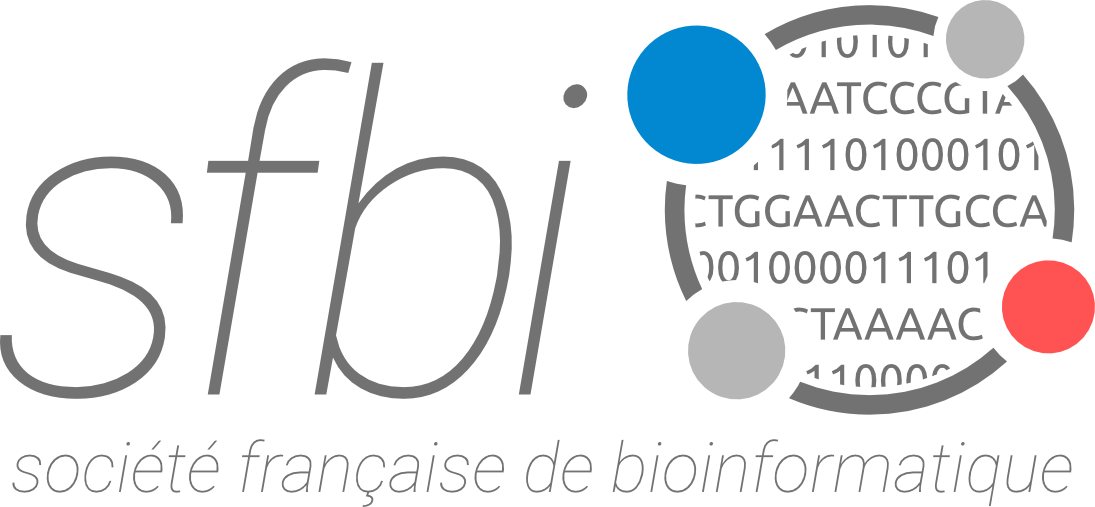role of transposable elements in mechanosensitivity of dendritic cells
Stage · Stage M2 · 6 mois Bac+5 / Master Institut Curie - U932 / Immunité et Cancer - Equipe Lennon · Paris (France) en fonction de la convention de stage
Mots-Clés
immunity transposable element single cell RNA sequecing dentrics cells mechanosensing
Description
The location
Institut Curie (http://www.institut-curie.org) is one of the biggest European institutions for cancer research with a strong interdisciplinary tradition. The position is open in the Inserm U932 Unit Immunity and cancer (https://science.institut-curie.org/research/integrated-biology/u932-immunity-and-cancer/), headed by A-M. Lennon-Duménil. Our Immunology Department includes 10 independent research teams in the fields of basic and applied immunology, working in a very collaborative and international environment.
Biological Context
Dendritic cells are the sentinels of our immune system. They patrol tissues and raise the alert when needed. This launches the adaptive immune response, leading to the elimination of the original threat. While chemical signals have long been known to control dendritic cell activation, work from our team and others have recently demonstrated that this activation is also finely tuned by mechanical signals coming from the tissue. The regulation of dendritic cell activation is of the upmost importance as it controls the balance between detrimental autoimmunity and efficient immune responses.
At the cell scale, the mechanosensitivity of dendritic cells is regulated by the cytoskeleton, which controls how the nucleus deforms in response to physical constraints from the environment, as well as the downstream signaling, leading to the expression of specific activation programs (tolerogenic vs immunogenic). Yet, the genetic control of these pathways has not been elucidated.
How cells in general respond to mechanical constraints is under high scrutiny, and the implication of the dark genome and transposable elements has been suggested in different systems (work from collaborator S. Wickstrom’s lab). We propose here to investigate whether the dark genome as well as epigenome may also be implicated in the mechanical response of dendritic cells, using bulk and scRNA sequencing datasets from the lab and from the literature.
Mission
Candidate will analyze NGS data such as bulkRNA-Seq and 10X genomics single Cell RNAseq, using dedicated pipelines as already developed at the lab. The student will work in close collaboration with biologists and bio-informaticians under the supervision of AM Lennon-Duménil, H. Moreau & C. Goudot.
- Knowledge in use of bioinformatics and biostatistics tools for single cell RNAseq analysis and differential gene analysis (R, Bioconductor)
- Programming skills (R, Python and/or bash)
Does this project constitute the first steps of a PhD thesis that will be supported by a PhD fellowship? Depending on student
Candidature
Procédure : Envoyer votre candidature (CV + Lettre de motivation) par email : christel.goudot@curie.fr ; helene.moreau@curie.fr Send your CV and application letter by email : christel.goudot@curie.fr ; helene.moreau@curie.fr
Date limite : None
Contacts
Christel Goudot & Hélène Moreau
chNOSPAMristel.goudot@curie.fr
Offre publiée le 22 octobre 2024, affichage jusqu'au 1 mars 2025
